“I saw work just disappear”: Australia’s live-sound technicians on the impact of coronavirus
As the world deals with the COVID-19 pandemic, we examine its impact on music-technology sectors across the globe. Here, we talk to Australia’s live-sound engineers.

The view from the FOH desk at Byron Bay Bluesfest 2019.
Harrison Maher, a systems technician for JPJ Audio, was building sound systems for Dropfest when the Australian Federal Government announced its ban on events of more than 500 people on Monday of last week. He had four months of shows lined up, including Download, Bluesfest, and Splendour In The Grass, all of which fell like dominoes. “I saw work, in a period of 30 hours, just disappear,” he says.
One week later, all entertainment venues were also ordered to close by government mandate. The sudden – and necessary – cancellation of events and shutdown of venues around the world has seen a variety of responses from governments. In Australia, government action has been volatile, shifting by the hour. Newly unemployed sole traders, contract and casual workers can now access welfare payments but the website they must use to do so has crashed multiple times under the strain.
Across the ditch, New Zealand was quick to act. Those working in events, entertainment, tourism and hospitality have been offered a 12-week wage subsidy, reported BYP Group. In the UK, Arts Council England will provide an emergency funding package of £160m and, at the time of writing, the UK government had set out plans to offer 80 per cent wage subsidies for staff kept on by employers. Whether this will extend to freelancers is currently unclear.
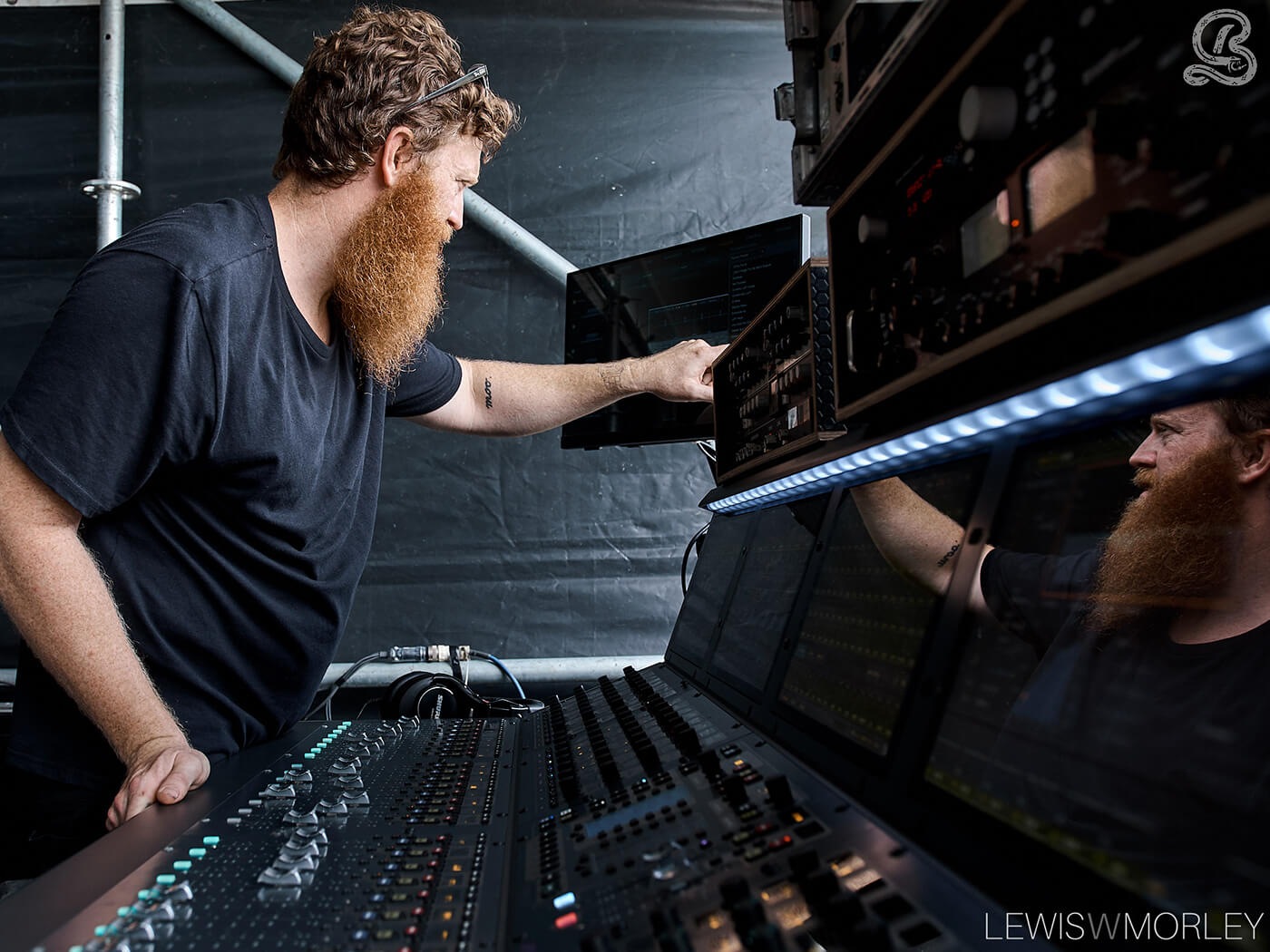
Elsewhere, the US limited gatherings to no more than 10 people and there will be eight weeks of mandated event closures in New York. Given that a vaccine might be 12 to 18 months away, it’s pessimistically looking like live-music gatherings may cease for more than six months.
In Australia, non-profit organisation Support Act has taken the reins, raising relief funds for music-industry workers. The Australian union that covers live sound engineers, the Media, Entertainment and Arts Alliance, has allowed members to suspend their membership fees.
What are the impacts on live sound engineers?
Major companies Frontier and LiveNation have laid off staff. “Massive companies that have been around for like, 40 years,” says Maher. “Industry leaders like JPJ, Clair Global and Britannia Row. I know, at least for JPJ, they’re not employing any freelancers or casuals. These companies are in survival mode – the offices are empty. If you call them, no one’s going to answer the phone.
“Splendour has been rescheduled for September. But I know a lot of people feel like we’ll be lucky if that happens at all. The whole industry is uncertain as to when they can start again.”
Major music festivals often design their systems months in advance. “Oh yeah, years,” adds Maher. “There’s nobody that’s going to be able to hold out for six months.”
Some live-sound techs have lost more than their income for the foreseeable future. For Stacey Wilson, a celebrated Melbourne-based front-of-house and monitor technician, things have been worse still. “In addition to losing all upcoming work, I am owed over AU$5,000 in unpaid invoices from local venues that are now unable to pay me as they can no longer trade,” she says.
Something shared by all the live-sound engineers we’ve interviewed is shock. Due to the requirements and competitiveness of the industry, many are now living hand to mouth. “It’s such a specific skill set that takes so much dedication and training,” says Maher. “I’m going to have to go back to the JPJ warehouse and practise. I’m going to forget how to use all the gear.”
As a systems technician, Maher is responsible for keeping up to date with all console, monitor and line-array systems. He’s also an in-house engineer at Music Hall, Forum and Palais in Melbourne when he’s not building systems for festivals and touring.
The wider effects: the loss of venues and artist support
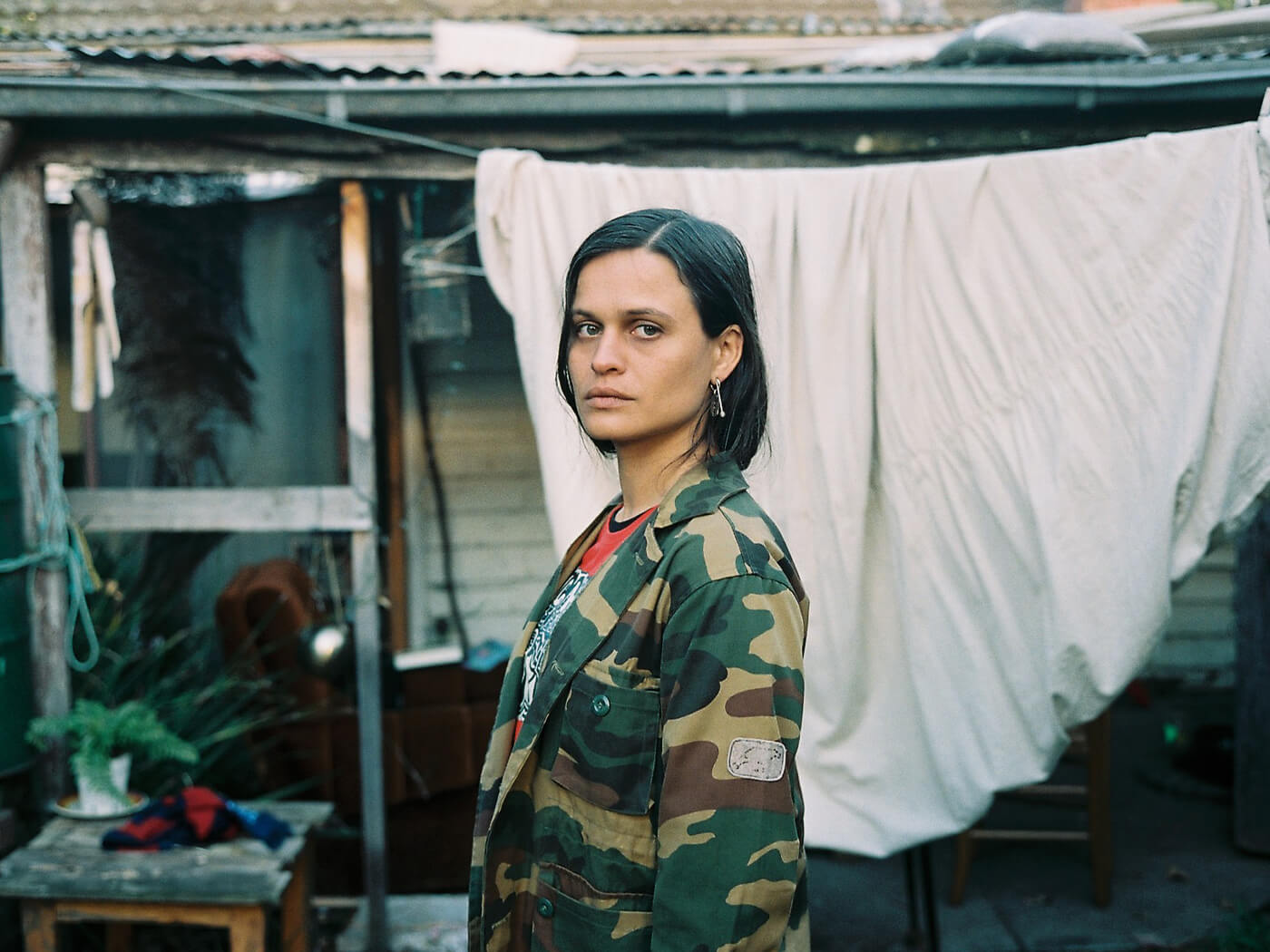
Soundie and musician Victoria Macdonnell opened an underground arts and culture gallery space on 13 March, after having spent two weeks renovating it with friends. It was active for four days before Macdonnell decided to close the venue. The restaurant that the gallery operated in has since gone bankrupt. “I think of money as basically like water running through my fingers – and it always has been,” says Macdonnell.
Most small-to-medium-sized venues aren’t sitting on cash reserves that they can use to pay rent while their doors remain closed. Welsey Miles, a sound technician for Hobart’s eclectic Brisbane Hotel and gallery attendant at Mona, The Museum Of Old And New Art, has just arrived home after a reluctant trip to Centrelink (Australia’s welfare provider) when he picks up the phone.
“It was very bleak,” he says, with a laugh. “They’re going to find it hard to stay afloat. Depending on how long this goes for, it could be [that] venues just aren’t able to survive.” Pubs and hotels such as The Brisbane, The Tote and The Grace Darling in Melbourne have helped launch many musical careers.
“Even if [venues] do survive it, they possibly won’t have the income to support sound engineers or to pay guarantees for touring bands,” says Miles. “So it will be a bit of a slow start again. We might have to get creative and do more informal house shows but those aren’t good for supporting technicians.”
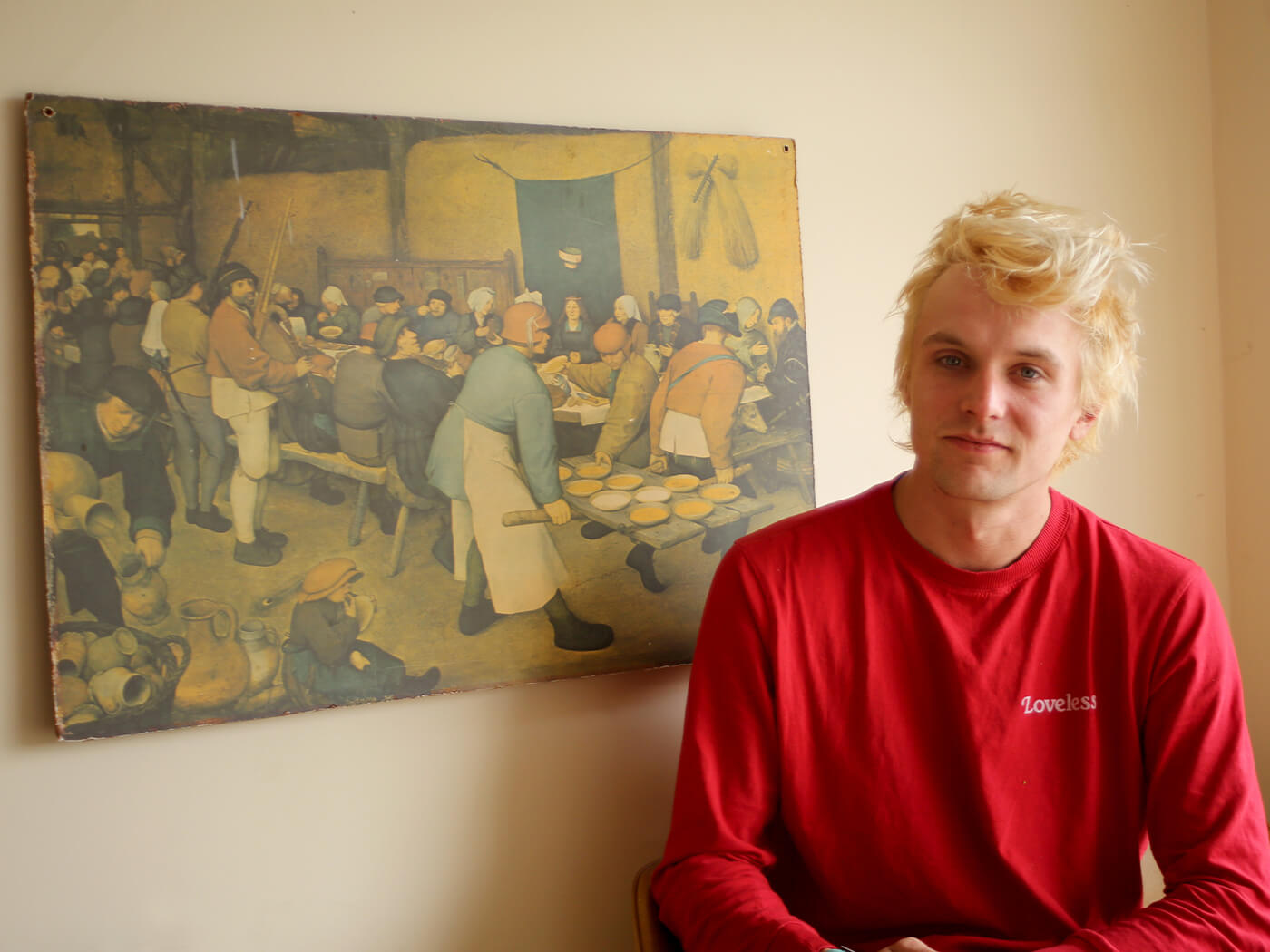
Maher is similarly concerned for small-to-mid-sized venues operating in Melbourne that rent their PAs but may no longer be able to pay for gear rental in the wake of COVID-19 – which will have knock-on effects on gear rental businesses.
On the panel No Live Music During A Pandemic, Chicago-based engineer Jeremy Lemos (The Shins, Sonic Youth) stated his concern for small-to-mid-sized businesses, providing examples of how smaller newspapers are crumbling.
“All the search engines are going down to one, all your shopping is going to Amazon,” he said. “I just feel that in every part of our society – not just our industry – everything is getting sucked up into smaller and smaller columns, where one person will run everything.” It’s likely that some bigger companies will bounce back once we’re on the other side of the pandemic because they could afford to insure themselves in time.
What would a music-industry landscape look like without those grassroots, dingy hole-in-the-wall venues that open their doors to artists and sound engineers who are just starting out or aren’t career musicians at all? “The big venues don’t have an interest in hosting smaller, newer bands,” says Miles. “Live sound engineers don’t have work without artists.”
What soundies would like to see
Thankfully, there have been some developments that stand to benefit venues and those who have lost work. These include temporary freezes on mortgages and loan repayments in New South Wales, though Maher says this isn’t the case for his bank in Victoria. By comparison, some UK banks are offering similar freezes, but are reportedly struggling to keep up with demand.
“I would like to see food deliveries for vulnerable people, and maybe more organised ways to make sure people don’t run out of stuff,” says Macdonnell, who has been running around searching for nappies for her friend who can’t leave the house because she’s immunocompromised. Asked what she’d like to see in terms of government assistance, Macdonnell adds, “To be honest, I don’t put any trust in the government whatsoever.” In Australia, mixed messages between state and federal governments have compounded mistrust.
Pre-emptive actions
Live-sound technicians are no strangers to following strict workplace safety routines. Only two weeks ago, when COVID-19 began spreading in Australia, organisers of smaller gigs, where artists would be sharing microphones, began cancelling on safety grounds. “We cancelled everything,” says Macdonnell, “not because the government told us to but because we were looking at the news.”
What live soundies can do in the meantime
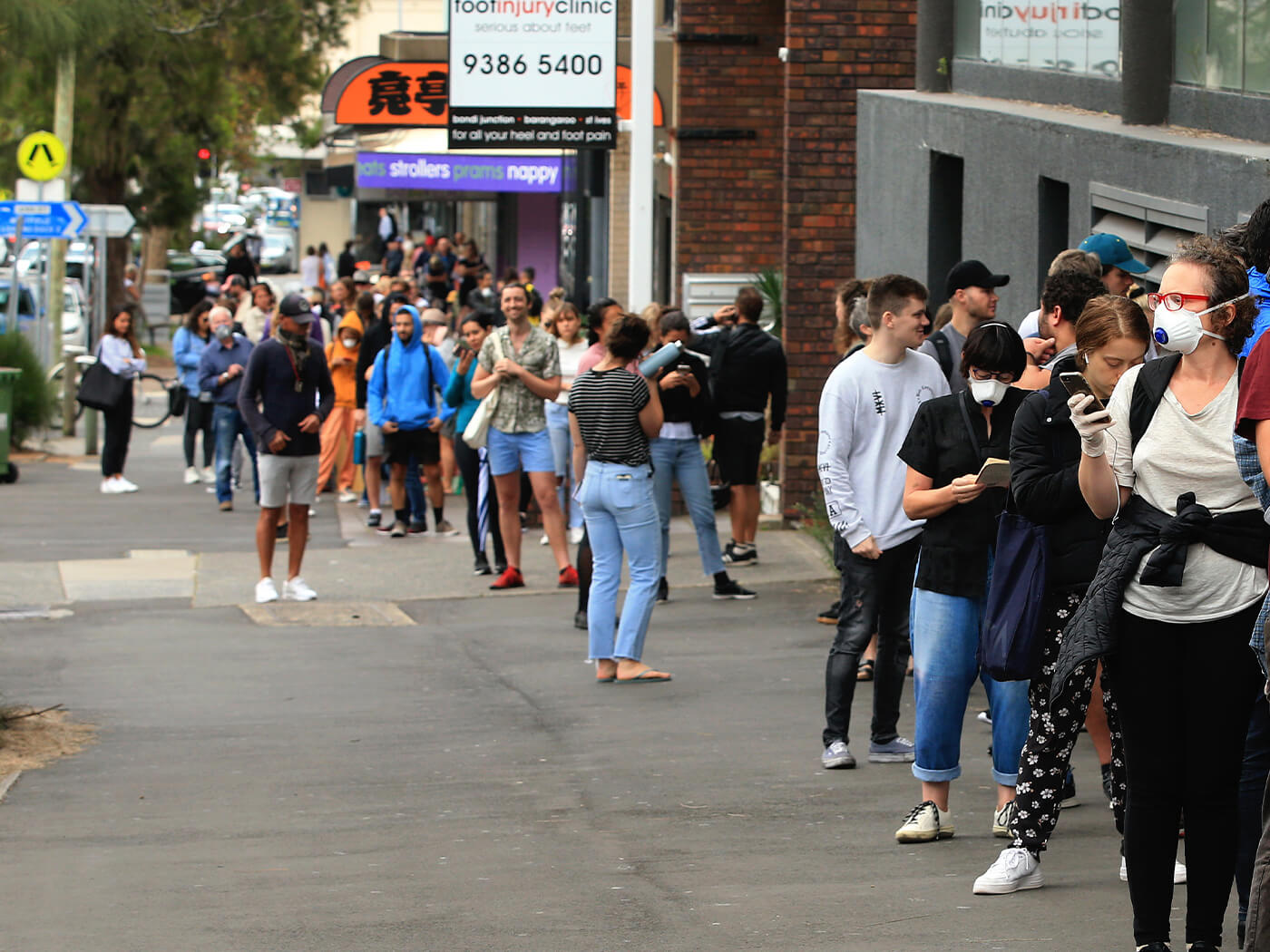
This week it was reported by the ABC that 2.3 million people logged into Australia’s MyGov site, and almost 300,000 people have lodged an ‘intent to claim’ for the JobSeeker payment. The amount available via this benefit has increased in the short term.
Right now, Miles is opting to work on home recordings and demos and, as of Monday, Maher has been working in a warehouse as a casual forklift operator. “It’s going to be much harder for some others than it is for me,” says Maher. “I’m thinking of some of the big-time front-of-house guys. They can’t drive a forklift. These are people who’ve gone from industry leaders to unemployable.”
Some technicians, such as Scott Adamson, are turning to education and free online training webinars. “I believe that with the use of technology, we could patch something up, but it’s going to be a complete reimagining,” says Macdonnell. Since the fall of festivals, we’ve seen live-streaming events pop up: The Social Distancing Festival from Toronto, Isol-Aid from Australia, Code Orange streaming their record release on Twitch from the US. “But there are concerns that not everybody has access to technology and a good internet connection,” says Macdonnell.
Practical next steps: Mitigating financial loss
If you’re in a similar position to those we’ve interviewed, you can call your bank’s financial hardship telephone line and ask them to freeze your loan repayments. At the time of writing, hundreds of thousands of Australian workers have been dismissed or had their work suspended. Banks aren’t going to want an influx of people defaulting on their mortgages, and many around the world have agreed to suspend payments.
If you have public liability insurance, you likely won’t be using that for some time. See if you can drop to lower coverage to save some money.
“My advice to anyone would be to be proactive,” says Maher. “It’s easy to drown at the moment. Just try to stay on top of it. Don’t be complacent because it’ll wash over you.”
For some live-sound engineers, their primary concern is going to be keeping a roof overhead and food on the table. There are currently just under eight million Australian’s living in rental housing. As of 25 March, there has been a New South Wales State Government motion to place a moratorium on evictions for those affected by COVID-19, though this has not yet passed into law. Further decisions that could affect tenants across Australia will be taken on Friday 27 March.
“Reach out,” says Maher. “People in this industry are already vulnerable, emotionally and mentally.” The Guardian reported that Australian crew manager Steve Alberts saw 17 of his colleagues take their lives in 2019. Many crew and techs often struggle to apply for welfare due to shame and a sense of pride.
For the whole industry, this is a reminder that it’s a crucial time to check in with one another and to make sure the vulnerable don’t slip through the cracks. “Suffering from mental-health conditions can mean you’re less able to be proactive and that could be a massive problem,” says Maher, in reference to those who need to mitigate their financial losses.
Australian government advice for sole traders is being constantly updated, but Wilson says: “Unless the government provides financial assistance to sole traders, my situation will be dire. I’ll be forced to sell the tools of my trade (presumably for much less than the gear is worth, as all audio professionals are in the same boat) and live off credit cards with 22 per cent interest.”
Thinking about the future
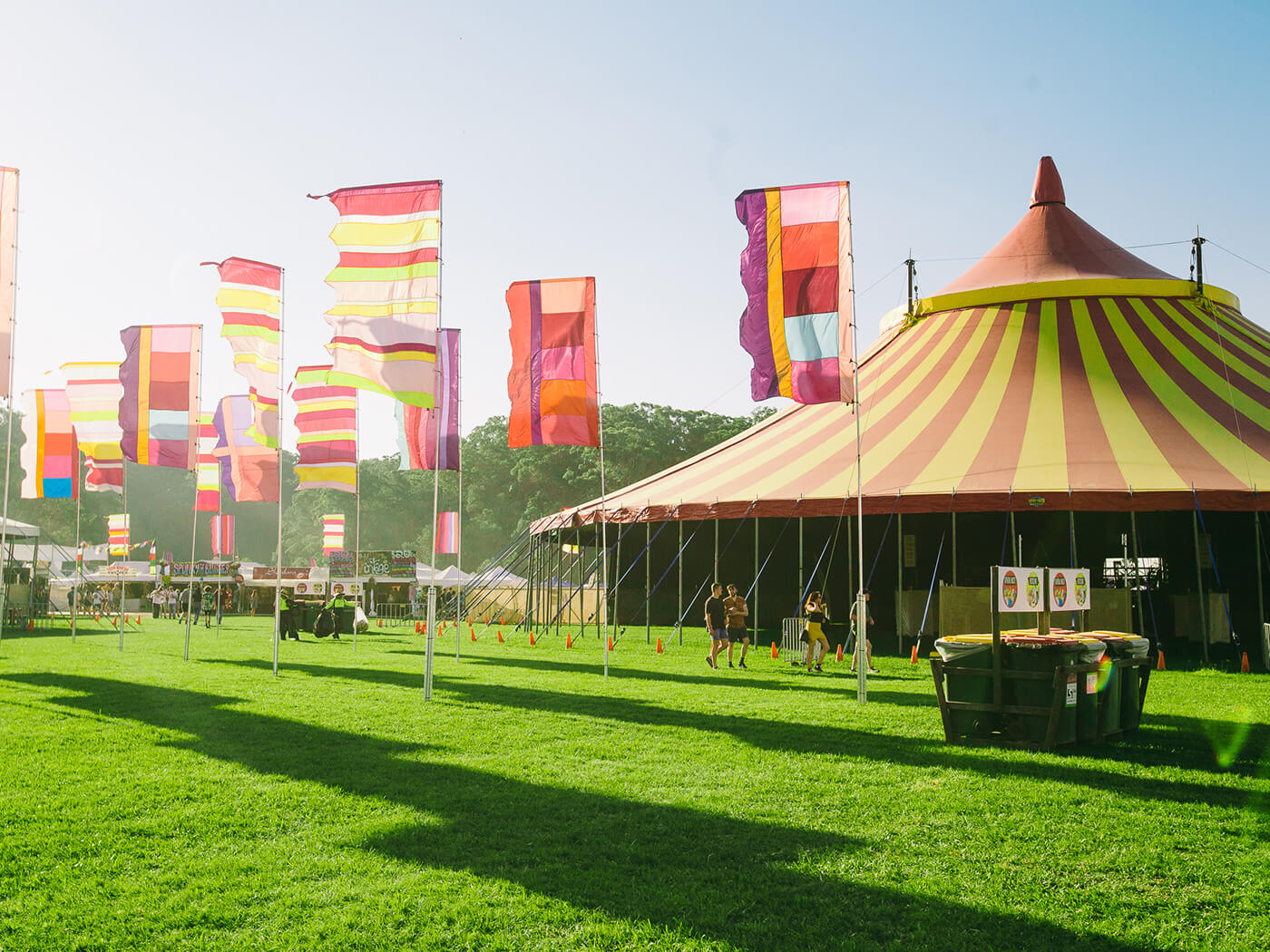
On the No Live Music During A Pandemic panel, ThisTourLife.com proprietor Ryan George advocated for an association that gathers people together to “collectively have resources like insurance, like access to lawyers”.
“Everybody is concerned about money,” he said. “It’s like asking for water when everyone’s concerned about where they’re getting water. We’ve got to come from a shared perspective.
“That’s one of the things that comes out of this – better-negotiated relationships between crew and those who are paying and creating the standards. There’s a huge vulnerability [there] and a lot of people fall between the cracks. A lot of people who work their asses off get run over by a system that has very little accountability.”
This is a key time. If you’re privileged enough to have some downtime, use it to think about what we want our industry to look like when it’s back on its feet.
Macdonnell is seeing a rise in mutual aid in her community. “Because of all of this, I’m unemployed, I guess you could say. I’m keeping myself busy,” she says. “I’m putting myself to work delivering groceries for people who think they’re ill. We’ve got to make sure no-one gets left behind, like isolated older people – they’re the ones at risk. Stay strong, stay cool, stay at home everyone. Stay [virtually] together, stay connected.”
Read more about unemployment relief and advice for sole traders as a result of COVID-19 in Australia.
Read the latest industry news here.